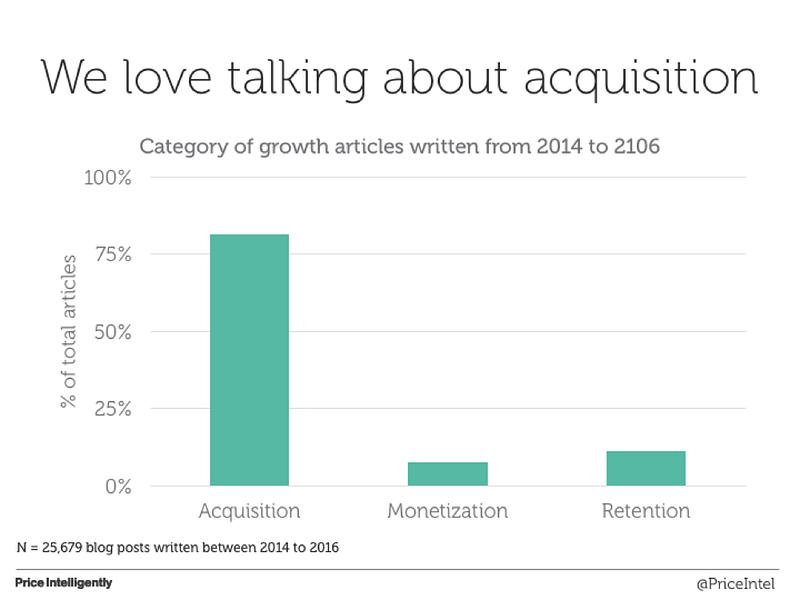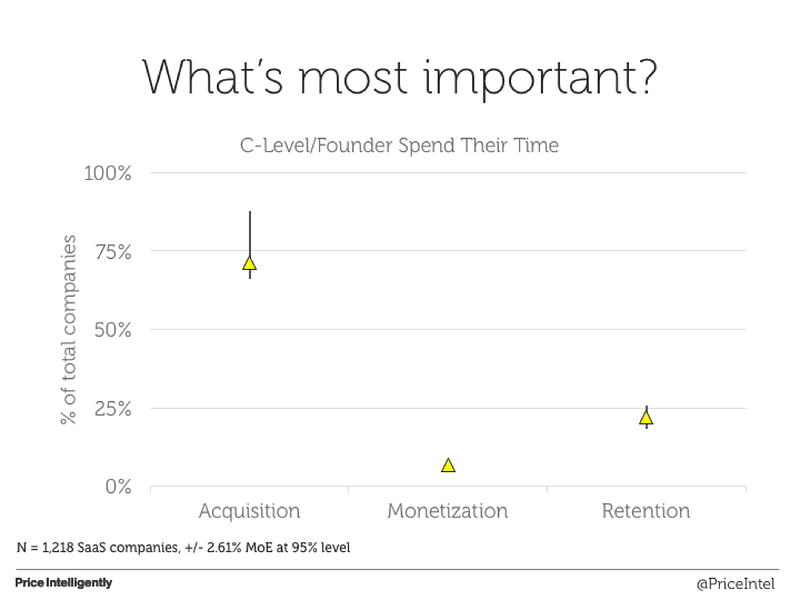A Conversion Conversation with Growth Marketing Today’s Ramli John
I had the distinct pleasure to chat with Ramli. He’s the host of Growth Marketing Today, an amazing podcast you should listen to if you have the chance. Today we chat about his thoughts on growth, experimentation, and how to share learnings.
Rommil: Hey Ramli?—?finally we get to chat. Your podcast has grown so much over the years and has become such a great resource of growth, congratulations! Can you tell us a bit about yourself and how you decided to start this amazing project?
Ramli: I started Growth Marketing Today out my own desire to learn more about growth and marketing. I actually studied mathematics and computer science at University of Waterloo and started my career as a software developer for a large company. I got the startup bug, started a company with another buddy of mine. We were both developers. So we coded this really cool tech. We kept building and building. We made one of the biggest mistakes that startups make?—?building something and hoping people would come. That’s when I really got into learning more about growth. What’s the best way to learn about it than having conversations with growth experts and practitioners? That’s how I started the podcast.
There’s a lot of confusion around what growth is. Could you tell me how you define it?—?and how you feel Growth Marketing differs from Product Growth? And is Growth Hacking still a thing?
To me, “growth marketing” is a process-driven approach to growing a business with rapid experiment cycles to validate or invalidate assumptions in any part of the marketing funnel. This means rigorously documenting your assumptions, hypothesis, experiment design, and results. When I say it’s in any part of the marketing funnel, this process can be applied to optimizing current acquisition channels, or it could apply to product changes to increase product adoption and decrease churn.
“This means rigorously documenting your assumptions, hypothesis, experiment design, and results.”
I’m with Rand Fishkin on the term “growth hacking.” According to this article he wrote, growth hacks are tricks that work for a little while, and it results in this type of a spike in their traffic, conversions, or whatever the success metric is. But, this is not sustainable. The real output of the growth process is to create a marketing flywheel that produces a sustainable, repeatable, and scalable source of growth for the company.

Totally.
So obviously, you’re from Toronto. What’s the growth scene like here and how do you think it compares to places like the valley and Seattle?
I can only compare the growth scene to the valley since I lived there for a few months working with a startup. The growth scene in Toronto is more focused on B2B companies, just because there are more B2B startups in Toronto. In the valley, since the investors are more risk-tolerant, there are to be more B2C startups. One of the advantages of a B2C startup is that you have a lot of data. So, there are more data-focused technical growth marketers in the valley who are comfortable with SQL, R, and Python, or even React than here in Toronto.
“…a growth marketing role without rigorous experimentation is not growth at all.”
How important do you feel experimentation is to Growth? And how rigorous do you feel those practicing growth are with their experiment design?—?namely the statistics around it?
In my opinion, a “growth marketing” role without rigorous experimentation is not growth at all. So, I’d say it’s super important. When it comes to the experiment design themselves, statistics or any kind of qualitative or quantitive data would be very helpful in prioritizing your experiments. If you have a backlog of hundreds of experiments, you can focus your effort on ones that address the biggest gap in your marketing funnel. For example, if you have a lot of trial users, but only 1% is converting, there’s an opportunity to design experiments around the onboarding stage of the customer’s journey. Then from those lists of onboarding-focused experiments, statistics and data will help you decide which experiments to start with.
What areas do you feel growth professionals experiment too much on? Similarly, where do they not focus enough?
A few years ago, ProfitWell came out with a study that found that 75 percent of growth articles written from 2014 to 2016 was about user acquisition:

The reason is that most C-level leaders and founders spend most of their time thinking about or working on user acquisition:

I think for any business, particularly for SaaS or any business models that rely on recurring revenue, repeat customers are so important with growing a business exponentially. Even for eCommerce, it’s so much cheaper to convince paying customers to buy again than it is to acquire new customers.
There definitely needs to be a balance. But, from what I’m seeing, even roles that have “growth” in the role, focus too much on acquisition.
Thank you. Thank you. I 100% agree?—?there’s WAY too much focus on acquisition and not enough on retention. And not enough on awareness if you ask me?—?but that’s a conversation for another time. 😉
Growth is such a fast-paced discipline. How do you feel growth teams should share learnings without slowing down the works?
This is such a good question! It’s so important for growth teams to share their learnings with the rest of the company. That insight from the growth experiment you just completed might be useful to the customer success team to better onboard users or the sales team to pursue higher-quality leads. Especially in a fast-growing startup, this step is often missed.
There are a few ways I’ve learned to share learnings without slowing down the work. I’ve learned this from my conversations with some of my podcast guests. First, one growth manager I interviewed creates a short video with key learnings from an experiment using Loom and posts it on their company’s Slack.
I LOVE this idea! That’s much easier to digest than PowerPoint decks. I might “borrow” it for my company 😉
Another person I talked to would record his voice to recap any learnings and gets it transcribed. He shares that transcription to the rest of the company. If he wanted to, he could also create an internal podcast with snackable insights to the rest of the organizations.
Lightning round! Scrum or Kanban?
Scrum! I’m a big fan of growth sprints.
Which do prioritize? User-base or profitability?
Personally, I’d focus on profitability. Cash is king. Without healthy cash flow, you’d go bankrupt or need to raise funding and give up equity.
What’s your favourite podcast other than your own?
I love listening to How I Built This by Guy Raz. That’s a good to one. It’s inspiring to hear the stories of successful entrepreneurs.
I also like listening to Hidden Brain. They share really interesting facts and stories.
For tech news, I listen to Pivot by Recode.
Finally, how do you feel about hosting a panel sometime? I’m thinking we call it “Experi-growth-ment”.
Let’s do it!
Totally! Let’s wrangle up some folks and throw a shin-dig =)
Do you have any last thoughts you’d like to share with all my readers?—?all 3 of them? I kid. It’s about 4.
Yes! I think it’s important to find your “crew.” These are people who will support your journey and development and will give you constructive feedback that’s actually helpful for your personal growth.
If people want to connect with me, they can find me on Twitter @RamliJohn or LinkedIn.
I’m also going to be writing more about B2B SaaS growth at https://optimizingsaas.com
Amazing?—?I’ll be checking that out for sure. Thanks for taking the time to chat today?—?looking forward to collaborating on an event 😉
Connect with Experimenters from around the world
We’ll highlight our latest members throughout our site, shout them out on LinkedIn, and for those who are interested, include them in an upcoming profile feature on our site.
Related posts:
- Don’t rely on macro goals with Gursimran (Simar) Gujral - July 26, 2024
- Navigating Experimentation at Startups with Avishek Basu Mallick - July 18, 2024
- People are the biggest challenge featuring Michael St Laurent - July 13, 2024
